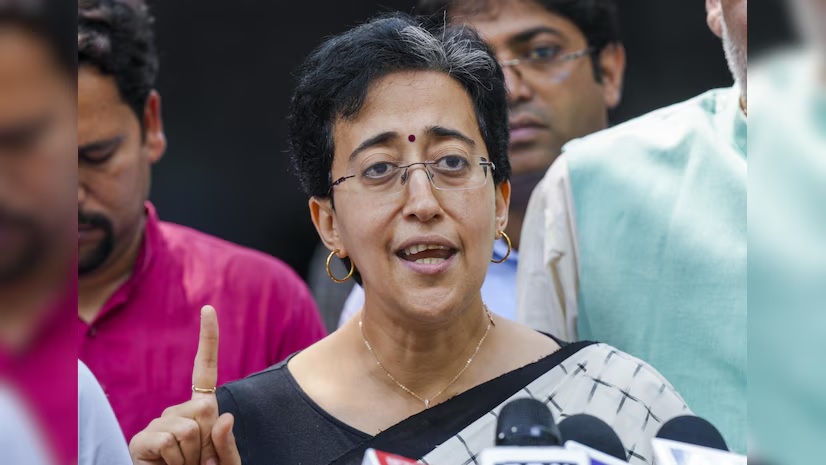
The rise of Atishi: from social work to Delhi’s third female chief minister
Atishi, a prominent figure within Delhi's Aam Aadmi Party (AAP), has been appointed as the capital's chief minister-designate. This comes after Chief Minister Arvind Kejriwal resigned amidst corruption allegations related to the liquor policy, with Atishi being proposed as his replacement. Atishi's rise in politics, though swift, is grounded in her extensive background in social work, education reform, and party leadership.
Born to Marxist historian parents, Atishi Marlena, as she was known earlier, grew up in an intellectual environment with strong ideological influences from socialist and revolutionary movements. She pursued her education at New Delhi's St. Stephen's College and later completed two postgraduate degrees in history from the University of Oxford. On returning to India, she engaged in social development work before joining AAP, becoming an integral part of the party's mission to reform governance in Delhi.
Atishi's political journey took a significant turn in 2019, when she contested the national elections but lost to BJP's Gautam Gambhir. However, she secured a seat in the Delhi Assembly the following year, marking her formal entry into the political arena.
Atishi's early years in AAP saw her playing a pivotal role behind the scenes, particularly in drafting the party's manifesto. Her public image became more pronounced during a 2022 press conference, where she took a leading role amid communal tensions in Delhi, positioning herself as one of AAP's key spokespeople.
Now poised to become Delhi’s third female chief minister, Atishi joins the ranks of leaders like Sushma Swaraj and Sheila Dikshit, both of whom had long-standing political careers. Unlike her predecessors, Atishi's rise has been notably rapid. Besides her political career, she also made headlines for her decision to drop the surname “Marlena,” distancing herself from her Marxist background. Instead, she has been aligning herself with a more centrist political stance, reflecting the party's shift towards appealing to a broader electorate.
The AAP’s shift towards soft Hindutva, an ideology traditionally associated with the BJP, has sparked debates, especially concerning the party's silence on issues affecting minority communities. Nevertheless, Atishi has maintained a welfare-oriented approach in her politics, focusing on strengthening public institutions like schools and hospitals.
Despite challenges and accusations from various quarters, Atishi remains a respected figure within AAP and Indian politics. Her journey from academic and social work roots to the highest office in Delhi demonstrates a unique blend of intellectualism and political pragmatism. Her appointment as chief minister marks a significant milestone in her career and the political landscape of India’s capital city.
Stichworte







